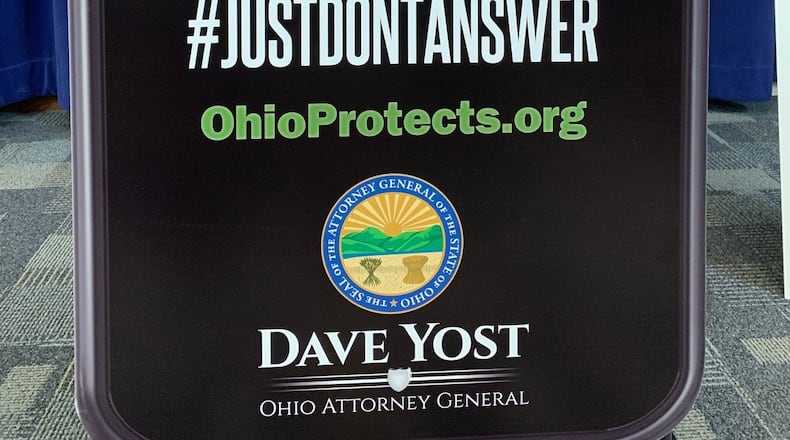Most of the robocalls are coming from outside United States but are often made at the direction of bad actors located inside the U.S., he said.
So where are the calls coming from? Binkley declined to say since the information is part of the attorney general’s office investigation.
RELATED: Want to get back at annoying robocallers? Text ROBO to 888111 when they call
Yost created the Robocall Enforcement Unit with two investigators and one attorney and he is seeking broader authority to address the issue of robocalls.
Ohioans are asked to text “ROBO” to 888111 when they receive an automated, uninvited call. The system sends back a text with a link to a form that can be filled out in less than a minute. The form seeks the robocall number, time and date of the call, and other info.
An estimated 2.2 billion robocalls were placed in Ohio in 2019 — 178 per person on average, according to YouMail.
About the Author

